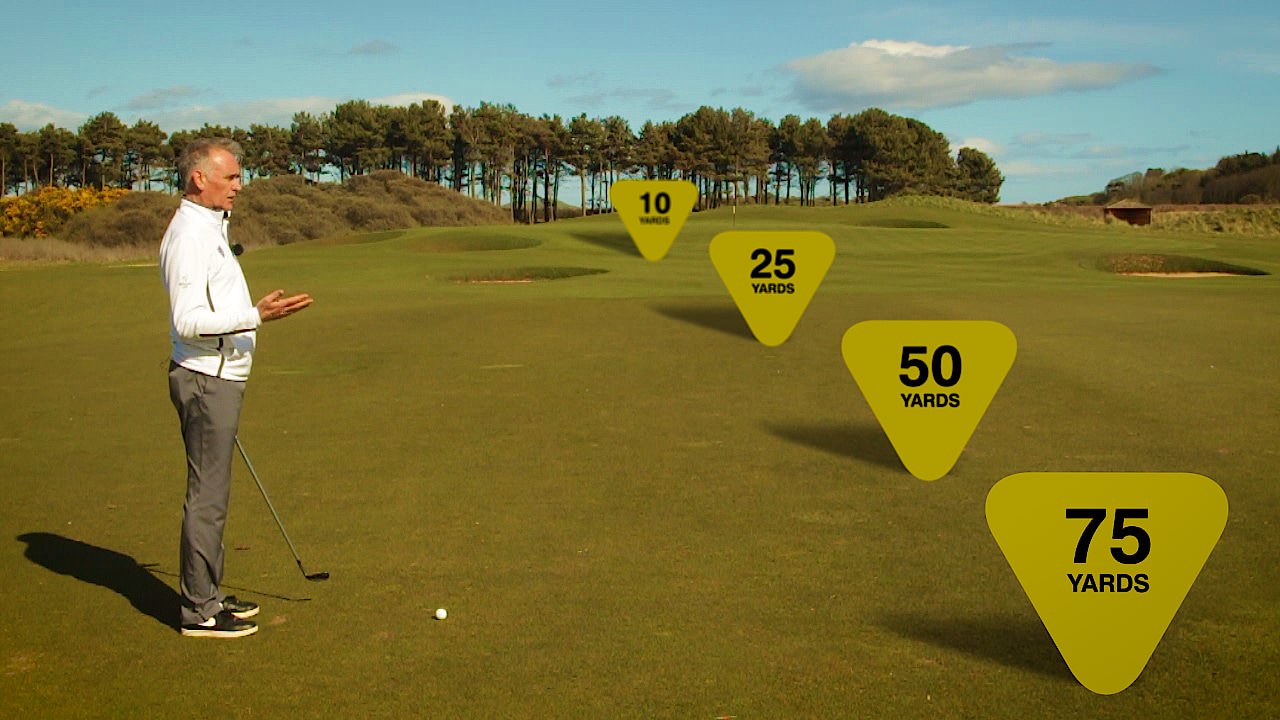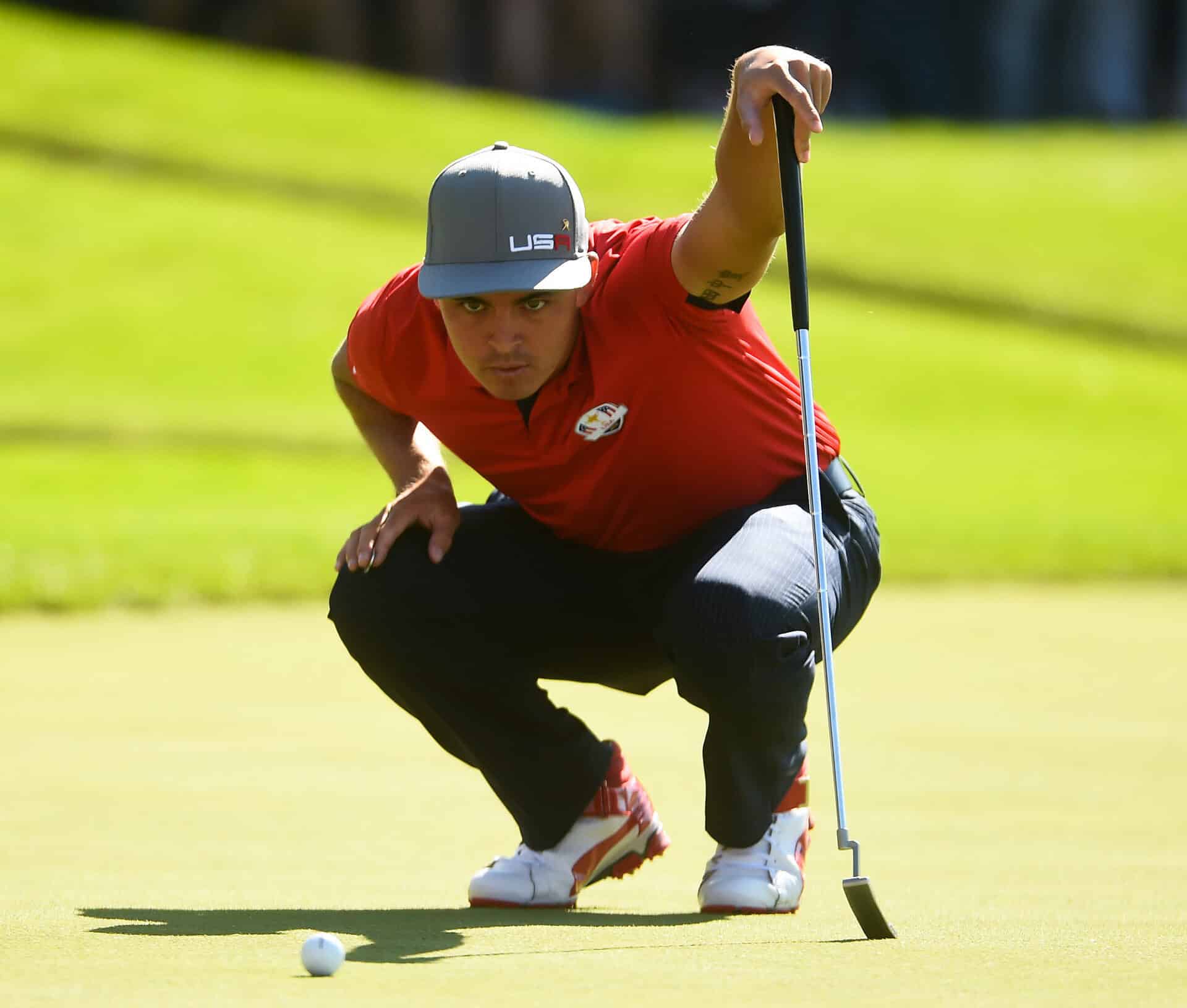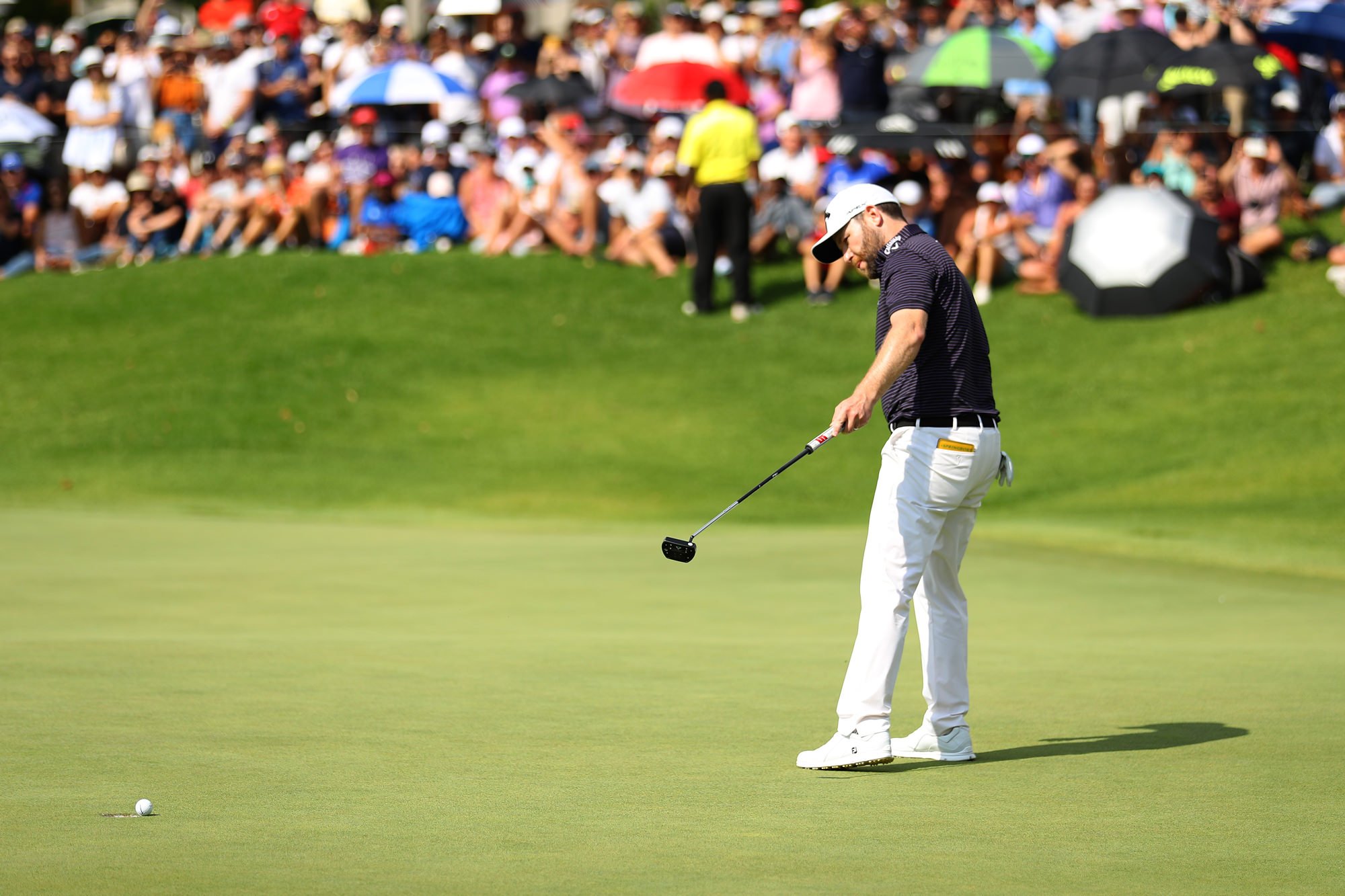
Lower your golf scores by aiming away from the target
How are your golfing fundamentals? Not the physical ones normally associated with things like grip and posture but your mind factor fundamentals.
One of the keys I have talked about time and time again in the quest for golfing improvement is that of attention. It is, for me, the mind factor fundamental.
What you put your attention on will ultimately decide your bottom line scores when you go out on the course. My golden rule is your attention needs to be in a ‘useful’ place to support your goals.
It is also imperative as a mind factor fundamental that you ask the question: ‘What is truly important to me when I play golf?’ If the answer is to just hit a few really big drives and to see the ball shape from right to left then I would be the very last person to say there is anything wrong in that.
Be very clear on what you want from the game and then set about putting your attention in the right place to achieve your aim. If it is important to you to score lower and you want to be competitive or reduce your handicap, and if you are not achieving that aim, then I pretty much guarantee your attention is and has been in the wrong place.
As I believe Einstein said: “The definition of insanity is to keep doing the same thing over and over again and expect a different result”. If your scores are stubbornly staying the same then your approach needs to change.
What if I told you that, statistically, if you improve on one area of your game then you will pretty much be guaranteed lower scores? I imagine it would be well worth looking into.
To do that you should first of all buy a book that has just been released by Kristian Baker called The Winning Golf Swing. In his book he details the research of Dr LJ Riccio, who has spent numerous years researching what actually has the biggest influence on your overall golfing score.

Riccio’s work indicates that if you want to reduce your average score by two shots then the main thing you need to plan for is hitting an extra green in regulation.
Riccio’s summary is: three greens breaks 90, eight greens breaks 80, and 13 greens breaks 70.
Riccio has concluded that tee to green accuracy is the key for all golfers. But this does not mean we ignore the short game and putting (they are still factors although less influential).
Just imagine if your focus of attention was improving your greens in regulation statistics and by just averaging one more green in regulation, your average score could be as much as a shot-and-a-half to two shots better per round. Talk about having your attention in a productive place!
I have worked with players for years with a similar approach and one of the games I get a player to play is what I call no pin golf. Depending on your ability, at a certain point when you get a club in your hand then the pin doesn’t exist. So, for instance, if your greens in regulation is really poor then unless you have a 9-iron or less in your hands, the pin is irrelevant.
Your only job is to hit the green. So instead of having your attention drawn into the flag, you look at a green as a whole and you aim at the biggest landing area.
You still take an aim but you are not mentally hijacked by the flag, so if you pull or push your shots then you have a much bigger area to still hit the green. It may sound ultra-conservative and, yes, at times you will leave yourself some long putts, but you will start to hit more greens and your overall statistics will improve.
It is incredible when you put your attention on hitting more greens then your brain has a very clear process goal to go after. Not surprisingly, when that particular stat goes up the pleasant spin-off is lower scores. Attention and where you place it is everything in your quest for golfing improvement.

Are you a negative golfer? How to put an end to first-tee nerves

Flow is the key factor in your golf swing










